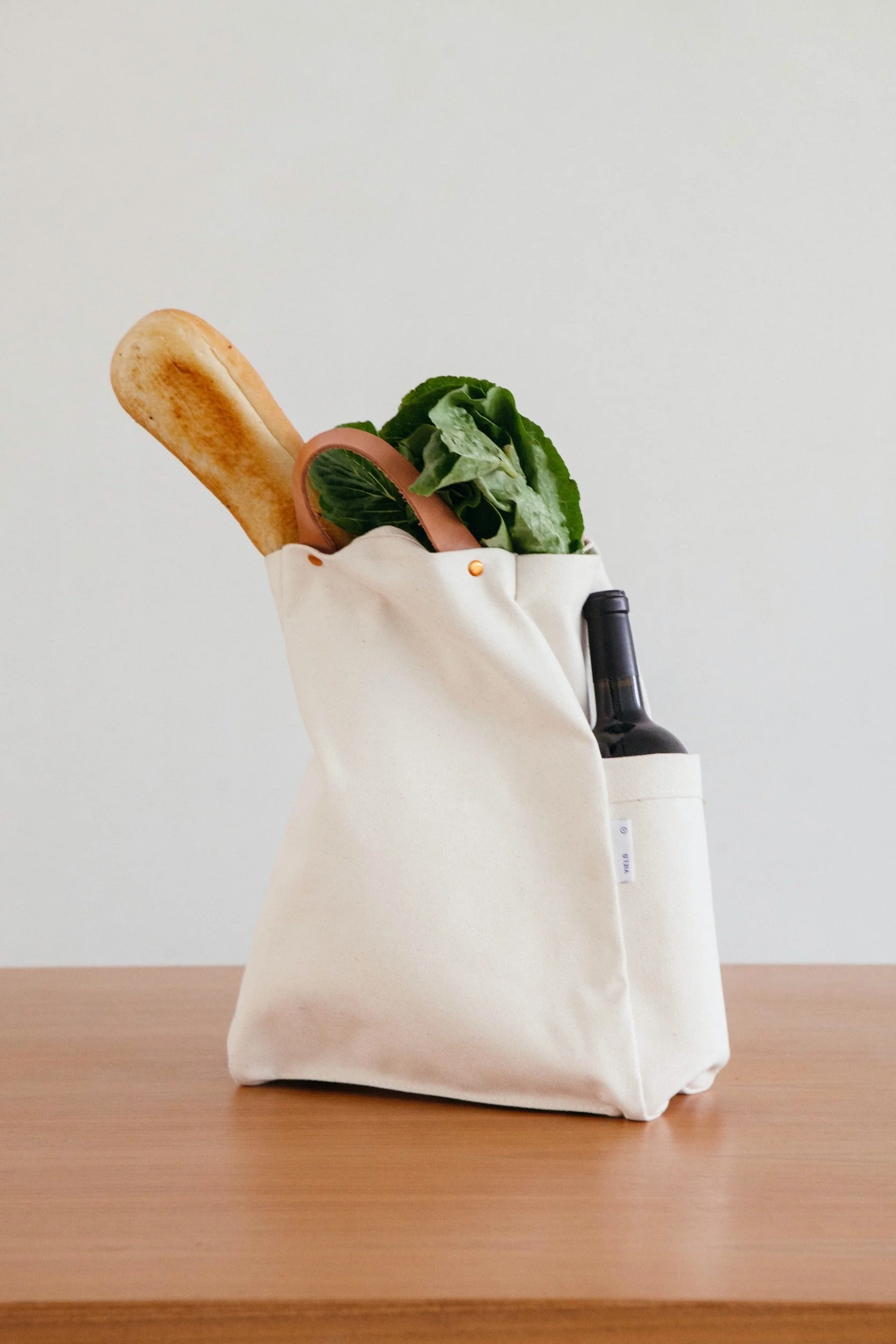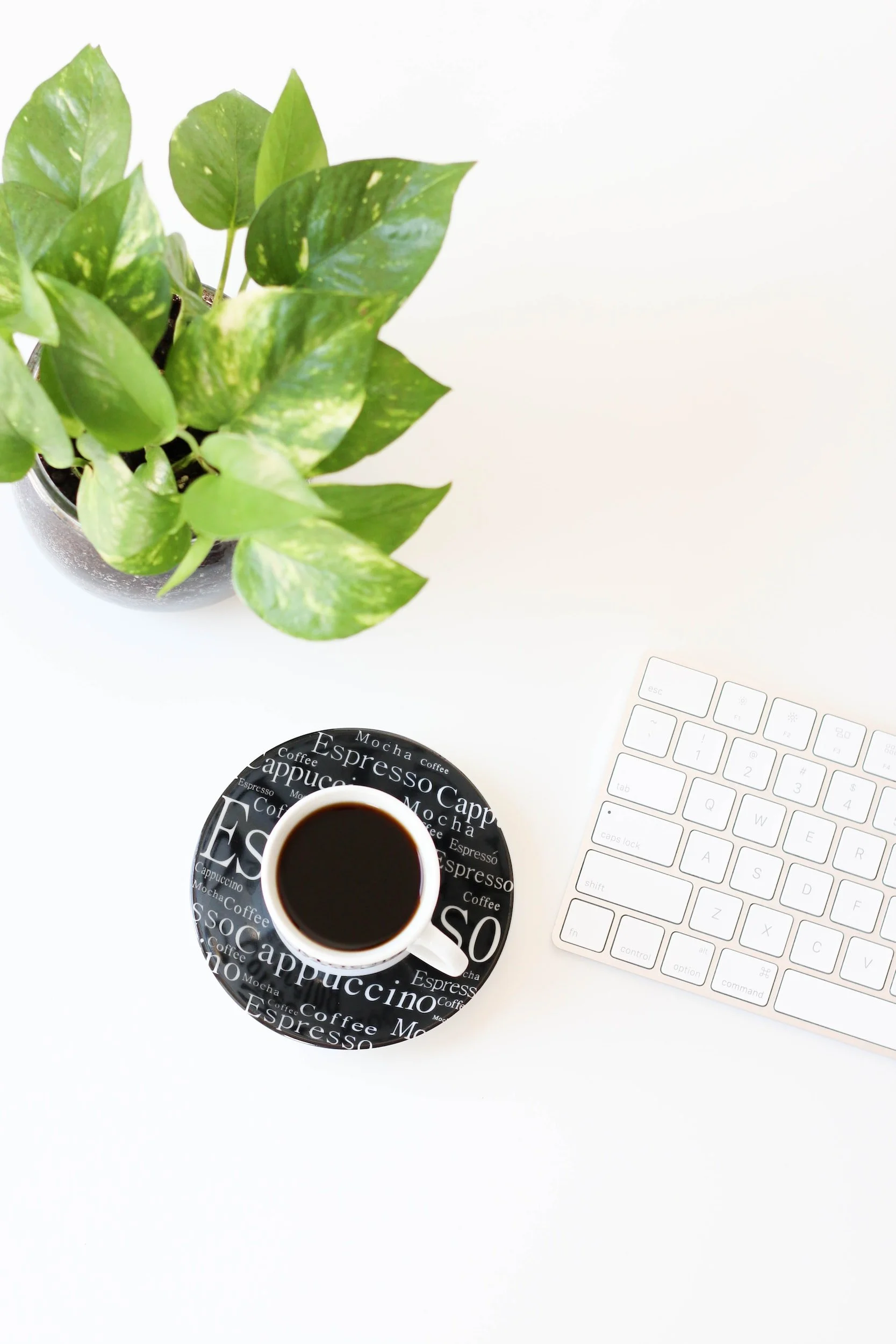4 Steps for the Beginner Minimalist to Be More with Less
This article was revised and was originally published at SHARPHEELS
As an Amazon Associate, we may earn commissions from qualifying purchases from Amazon.com. This has no effect on the price for you.
BECOME A MINIMALIST
In this era of abundance, it is easy to create clutter. How can you clear the clutter from your life and live a healthier lifestyle? Well, you become a minimalist or close to it. A new trend among young adults called minimalism is emerging and goes way beyond de-cluttering a closet. A minimalist is a person who strives to avoid accumulation and unnecessary purchases. When people seek organization in their environment, they increase productivity, promote sustainability, and have more time to focus on their health and wellness.
What is urgent in your life and what is important to your life are often very different things. This is especially true with your health, where the important issues almost never seem urgent.
Many people want to improve their health and wellness but think that it takes too much time to incorporate healthy changes, and after a few weeks or months, give up. They make excuses about not having enough time to put in the effort. What they don’t realize is that getting healthier is a lifestyle change. The truth is that a person can actually transform health habits while saving time by incorporating a minimalist-like approach in his or her routine and lifestyle.
Review and follow this list of 4 categories with tips to start on a minimalist journey so that health goals can be achieved this year:
1- Declutter
The kitchen and dining areas are good places to start when deciding to declutter your environment to improve your health. Start with one drawer at a time and vow to accomplish one small step or area every day.
Start
Donate unnecessary kitchen gadgets and unhealthy food.
Recycle plastic containers with BPA.
Toss any items from your pantry, fridge, and freezer that have expired.
Clean your appliances, cabinets, and drawers with non-toxic cleaning products, and add dusty or greasy dishwasher-safe objects into your machine.
As an Amazon Associate, we may earn commissions from qualifying purchases from Amazon.com. This has no effect on the price for you.
Organize Your Storage Areas
Buy hooks, racks, and bars to hold spices, utensils, pens, and coupons (I use these for my spices).
Add some reusable chalkboard labels to identify foods and to date leftovers and blanched-frozen foods (I like these large ones).
Nontoxic pans, containers, and other kitchen objects (nickel-free stainless steel, iron, pure ceramic or lead-free enameled ones, and glass materials are the best options)
Shelf dividers to split one shelf into two (I use these to separate my utensils). Plate dividers are ideal for both storing and stacking small items, like cans. Baskets and trays are ideal for keeping “like” things together (you can buy these modern-looking metal bins or stackable ones). Cabinet door hangers and hooks are also great tools for tidiness inside cabinets (I am planning to get these bottle spray hooks for cabinet doors).
Organize Your Food & Eating Environment
Make a grocery list with the healthy foods your dietitian has suggested for you
Make healthy food visible by storing healthy snacks and fresh food at the front and center of your fridge and pantry or in any storage bin that is convenient to grab and go (I like these 32-oz and 64-oz jars to store food and snacks).
Pre-prepare your vegetables by using a blanching and freezing technique to save time while cooking and also to avoid food waste. You may also prefer to buy frozen produce as they retain its nutrition and are quickly prepared on the stovetop or microwave.
Pre-portion ready-to-eat snacks and meals (based on what your dietitian has determined for you) into reusable glass (these are also oven-safe), silicone (I have these snack bags), or stainless steel containers (I use this brand).
Pre-pack ingredients for Crockpot meals (I have both 3 and 7-quart pots) or breakfast smoothies (here is my glass jar blender).
Store fresh food properly. Do not overcrowd your fridge or pantry so you can allow air circulation (this is a must-have for your fridge). Also use the method first in, first out, where you place the first to expire to the front to avoid unnecessary food waste.
Separate foods by type. For example, place the baking ingredients on the top shelf, then grains and beans, nuts, seeds, and snack foods next, followed by dried herbs, spices, and condiments, and canned and jarred goods on the bottom.
Clear your countertops of appliances to motivate you to cook healthily more often.
Create a space for dining to avoid eating in front of the television or computer. This can lead to mindless eating that makes it harder to tune into satiety levels.
Avoid
Buying in bulk to avoid food waste, especially herbal teas, dried spices, dried beans, flours, or oils. These can go rancid, spoil easily or lose some of their powerful nutrition properties.
Purchasing unhealthy foods and bringing them home.
The environment in which one eats plays an important role in one’s health journey. Take a few moments today to choose a step or two to tackle. By making just a few changes, one will become more mindful of food choices, as well as create a healthier and more optimal kitchen space.
2- Eat Healthy with Smart Ways to Buy and Store Food
Friday evenings and Saturday mornings are two recommended times for optimal grocery shopping. Friday evenings allow a person to avoid going out to eat over the weekend, at least for one night. Saturday mornings are also recommended because fruits and vegetables can be prepared over the weekend for the following week.
Purchase lasting fruits and vegetables if you’re not cooking them right away. Usually, “root” vegetables, such as yams, potatoes, and radishes last a long time. Also, the method for storing produce will have an impact on its freshness and life cycle. For example, tomatoes are better stored on a countertop and leafy greens can be washed and patted dry, wrapped in a paper towel, then placed in a closed plastic bag, and then stored in the fridge— away from fruits like apples that release ethylene gas.
Buy peeled, pre-washed, pre-cut fruits and vegetables to save you prep time and as a bonus, they are readily available and you’re more likely to eat them often. Purchasing frozen produce is also a good option.
Read up on nutrition facts. For example, the ingredients label on frozen mangoes ideally should list “frozen mangoes,” without preservatives. When buying canned food, where salt is used as a preservation method, check the sodium content and choose a brand with the lowest amount or closest to <5% of Daily Value on the nutrition facts label.
Produce can also be purchased online! It’s a convenient option to have food delivered to the doorstep. Try AmazonFresh, Amazon-Whole Foods, Instacart, UberEats, Target, or Walmart. In addition, there are a few companies like Blue Apron, Hello Fresh, and Plated that deliver pre-portioned food items to use in recipes.
3- Exercise intensely for 10-minutes every day
You wake up late and rushed to start working or to get your kids ready for school, your lunch break is eating while checking emails, and your nights are pure exhaustion. Starting an exercise program means rearranging your schedule to allow time for it, but it doesn't have to require a lot of time.
Research shows that people can trigger the same physical adaptations to their heart and muscles through short bursts of intense activity that you can with longer, easier bouts of exercise. That’s because intense exercise is more metabolically demanding on your body. Short bouts of intense exercise are very beneficial to health and can promote better cardiovascular fitness, more control of blood sugar levels, and improved cognitive focus and mood. It's also easier to stick to a short workout more consistently.
Most people can find a spare 10 minutes in their day, whether it’s right when they get up, before taking a shower, during their lunch break, or after dinner. Studies indicate that people who perform short-interval workout exercises —including push-ups, burpees, squats, and lunges—can burn up to an average of 15 calories per minute. That's nearly twice as many as during long runs.
If your work and family logistics allow, exercise first thing in the day. Create a space for working out and prioritize it as soon as you wake up, even if you only have 10 minutes before starting your rushed morning routine. Avoid hitting the snooze button, get up, and go! It's easier to stick to a first-thing-in-the-morning exercise habit. Later in the day, you are more likely to find multiple excuses to skip your workout. It may also be very helpful if you prepare breakfast the night before.
Lastly, make sure your exercise is fun so you look forward to it. That can include the type of exercise you do or what else you do while exercising that makes you happy. For example, you could purchase a treadmill (or even better- run outside) and while you go for a run, you also listen to a great podcast. Maybe you can exercise with a friend for accountability. Or if you love when you have support from others, you may share your sweaty selfies with a note about what you accomplished that day.
4- Boost productivity
Here are three techniques to use every day to work and to help save time:
The Pomodoro Technique. Pick a task, set a timer for 25 minutes, work on the task until the timer rings, and then take a 5-minute break. This is one Pomodoro. Then repeat the process. After four Pomodoros, take a longer, 30-minute break. Grab a cup of coffee, refill your water bottle, stretch a little or take a coffee nap. One can actually get a lot accomplished by following this type of disciplined procedure.
A Coffee Nap. Drink some coffee, fluff your pillow, set the timer to 30 minutes, and take a nap. Twenty minutes are sufficient if sleep comes easily. This technique will rejuvenate and increase energy and focus levels since sleep comes before the caffeine kicks in. Upon waking, energy is maximized as the caffeine begins to do its job.
Ivy Lee Method. Try the Ivy Lee Method of creating lists. At the end of the day, write down six tasks that you want to accomplish the next day. Lists will help busy professionals stay focused on what needs to be done. Do the most important things first and learn how to prioritize daily tasks in descending order of importance. Determine when energy levels are the highest. If higher in the morning, then do your most important tasks in the morning. Work on each task using the Pomodoro technique until it’s finished.
“We are what we repeatedly do. Excellence then is not an act, but a habit.”
Aristotle
Therefore, one’s life is essentially the sum of one’s habits. Changing lifestyle to focus on health is a big commitment. It usually involves finding time to exercise, boosting productivity, removing clutter, and planning ahead. It can be overwhelming, but following these four steps will make the transition easier. Let me help you go further into your healthier journey.




